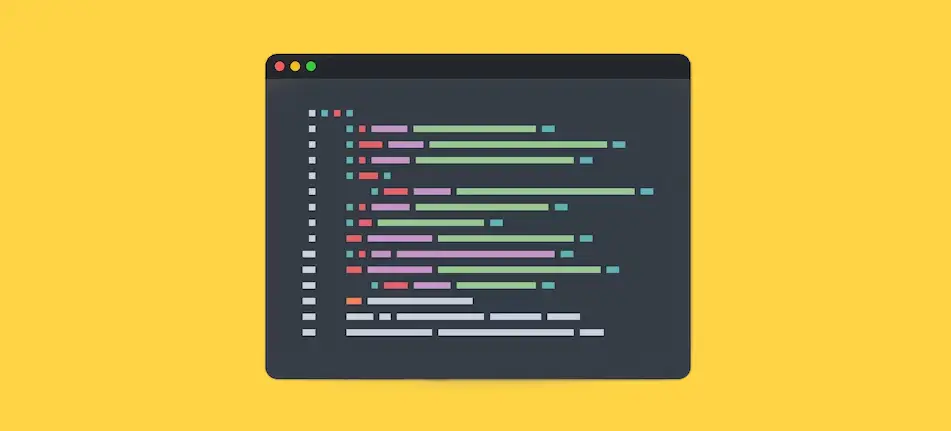I recently started using my first compiled language for school ADA. I know, nobody have ever heard of it but I have to use it for a whole semester.
Anyways, when compiling this language (and any other compiled languages), the compiler generates plenty of files like .o (and in my case .ali, .ali, .bexch). These files are essentials for the compiler to work but when submitting my work, I have to zip my project files and those files make the zip size huge.
At first I was deleting the files by hand and that’s fine until you have files in everywhere (in nested directories etc.).
So I wrote a simple python script that deletes all files not ending with specific extensions (except itself).
To match your use-case, you can update the allowed_extensions array with the file extensions you want to keep.
# This script cleans all directories by removing all files that end with any `allowed_extensions` extension.
import os
# Define the list of allowed extensions
allowed_extensions = [".adb", ".ads", ".gpr", ".py", ".txt", ".md", ".gitignore", ".gitkeep", ".gitconfig"]
root_directory = os.path.dirname(__file__)
# Define a function to check if a file has an allowed extension
def has_allowed_extension(filename):
return any(filename.endswith(ext) for ext in allowed_extensions)
# Define a function to clean a directory
def clean_directory(directory):
if "git" not in directory:
for filename in os.listdir(directory):
filepath = os.path.join(directory, filename)
if os.path.isfile(filepath) and not has_allowed_extension(filepath):
os.remove(filepath)
elif os.path.isdir(filepath):
clean_directory(filepath)
# Define the main function to clean all directories
def clean_all_directories():
clean_directory(root_directory)
for directory, subdirectories, _ in os.walk(root_directory):
for subdirectory in subdirectories:
clean_directory(os.path.join(directory, subdirectory))
print("All directories have been cleaned.")
# Call the main function to clean all directories
if __name__ == "__main__":
clean_all_directories()I also wrote another script that does the exact opposite : delate all files (except itself) whose extension is in the unauthorized_extensions array.
# This script cleans all directories by removing all files that doesn't end with any `allowed_extensions` extension
import os
# Define the list of unauthorized extensions
unauthorized_extensions = [".txt"]
root_directory = os.path.dirname(__file__)
# Define a function to check if a file has an unauthorized extension
def has_unauthorized_extension(filename):
return any(filename.endswith(ext) for ext in unauthorized_extensions)
# Define a function to clean a directory and avoiding th `.git` directory
def clean_directory(directory):
if "git" not in directory:
for filename in os.listdir(directory):
filepath = os.path.join(directory, filename)
if os.path.isfile(filepath) and has_unauthorized_extension(filepath) and filepath != __file__:
os.remove(filepath)
elif os.path.isdir(filepath):
clean_directory(filepath)
# Define the main function to clean all directories
def clean_all_directories():
clean_directory(root_directory)
for directory, subdirectories, _ in os.walk(root_directory):
for subdirectory in subdirectories:
clean_directory(os.path.join(directory, subdirectory))
print("All directories have been cleaned.")
# Call the main function to clean all directories
if __name__ == "__main__":
clean_all_directories()